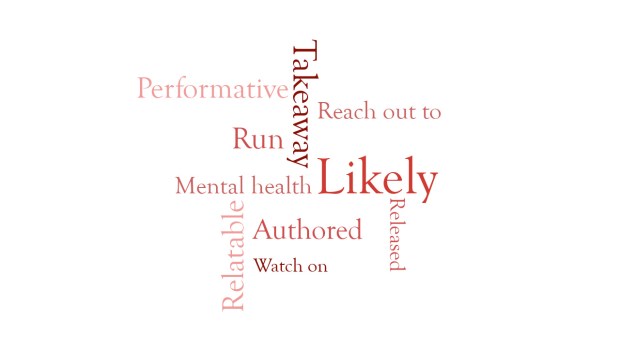When the much missed Frank Johnson (1943–2006), once editor of The Spectator, wrote in 1980 that ‘the peculiar need for something to be frightened about only seems to affect those of us who are part of the chattering classes’, I think that ‘those of us’ meant himself, and me and you, dear reader. It is true that, as the Oxford English Dictionary remarks, the phrase was ‘freq. derogatory’ of ‘a social group freely given to the articulate, self-assured expression of (esp. liberal) opinions about society, culture, and current events’. But between the establishment of the literati (in John Evelyn’s day) and the unexpected development of the twitterati (in our own), no commentator like Frank could avoid being a member of the chattering classes, nor could many of his readers.
An event of 2015 for us chatterers was the updating of Fowler’s Dictionary of Modern English Usage by Jeremy Butterfield, in succession to RW Burchfield’s well-judged revision of 1996. It is a grown-up guide, both descriptive and prescriptive, like Fowler’s. (Butterfield notes that to pronounce macho as macco sounds absurd, and he warns against sounding the z in chorizo as if it were the zz in pizza.) When he gets round to chattering classes, a new entry, he calls its inventor ‘a right-leaning British political commentator’, but does not give his name.
In the account of the phrase the Establishment (which he retains from Burchfield’s edition), Butterfield does mention Henry Fairlie as the author of a piece in The Spectator of 23 September 1955 on ‘the whole matrix of official and social relations within which power is exercised’. He also follows Burchfield in noting the advent of the phrase young fogey in the 20th century. Some people nowadays, I find, hardly notice that young fogey was a jocular variant on old fogey. Young fogeys were exemplified by writers in The Spectator in the early 1980s who leant towards tweeds, proper sausages, architectural preservation, bicycles with wicker baskets and the Book of Common Prayer. Charles Moore, A.N. Wilson and Gavin Stamp were among them, and Alan Watkins commented on the social trend. Anyone can make up a word, but few see it confirmed by usage.
Got something to add? Join the discussion and comment below.
Get 10 issues for just $10
Subscribe to The Spectator Australia today for the next 10 magazine issues, plus full online access, for just $10.
You might disagree with half of it, but you’ll enjoy reading all of it. Try your first month for free, then just $2 a week for the remainder of your first year.














Comments
Don't miss out
Join the conversation with other Spectator Australia readers. Subscribe to leave a comment.
SUBSCRIBEAlready a subscriber? Log in